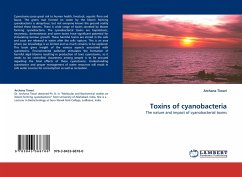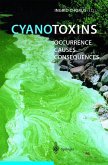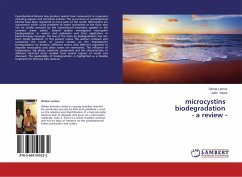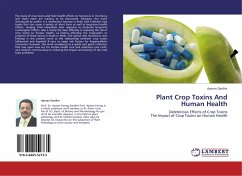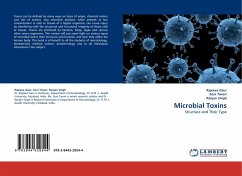Cyanotoxins pose great risk to human health, livestock, aquatic flora and fauna. The green mat formed on water by the bloom forming cyanobacteria is ubiquitous, but not everyone knows the ground reality behind these blooms. There is wide range of toxins secreted by bloom forming cyanobacteria. The cyanobacterial toxins are hepatotoxic, neurotoxic, dermatotoxic and some toxins have significant potential for stimulating tumour growth. These harmful toxins are stored in the cells and soon are released in water after the cells rupture. This is an area where our knowledge is so limited and so much remains to be explored. This book gives insight of the various aspects associated with cyanotoxins. Environmental pollution stimulates the formation of harmful algal blooms resulting in production of toxic cyanotoxins, so it needs to be controlled. Awareness among people is to be aroused regarding the fatal effects of these cyanotoxins. Understanding cyanotoxins and proper management of water resources will result in safe water sources for consumption as well as recreation.

